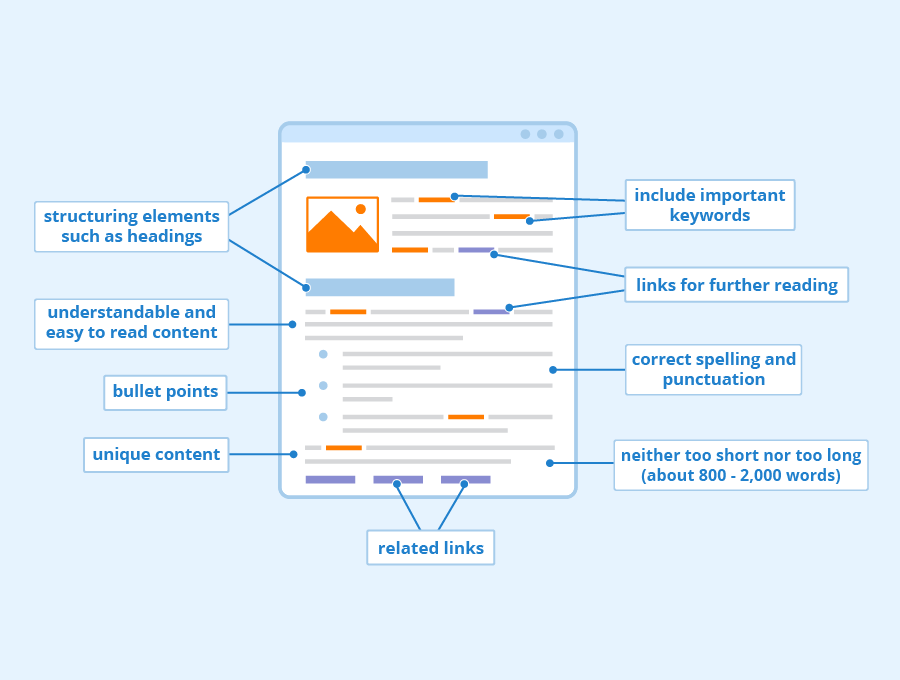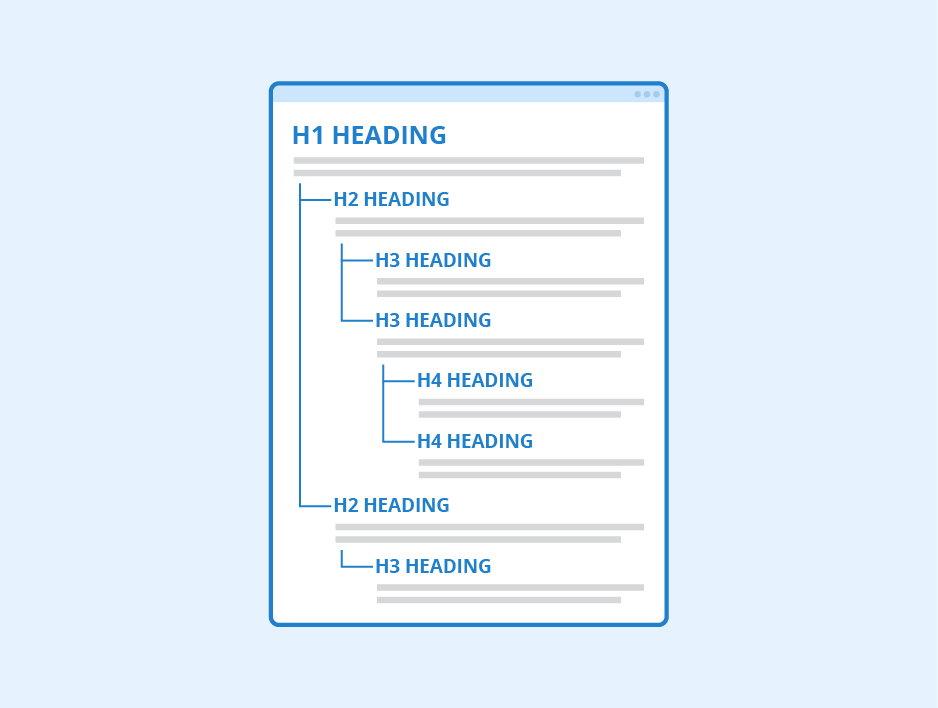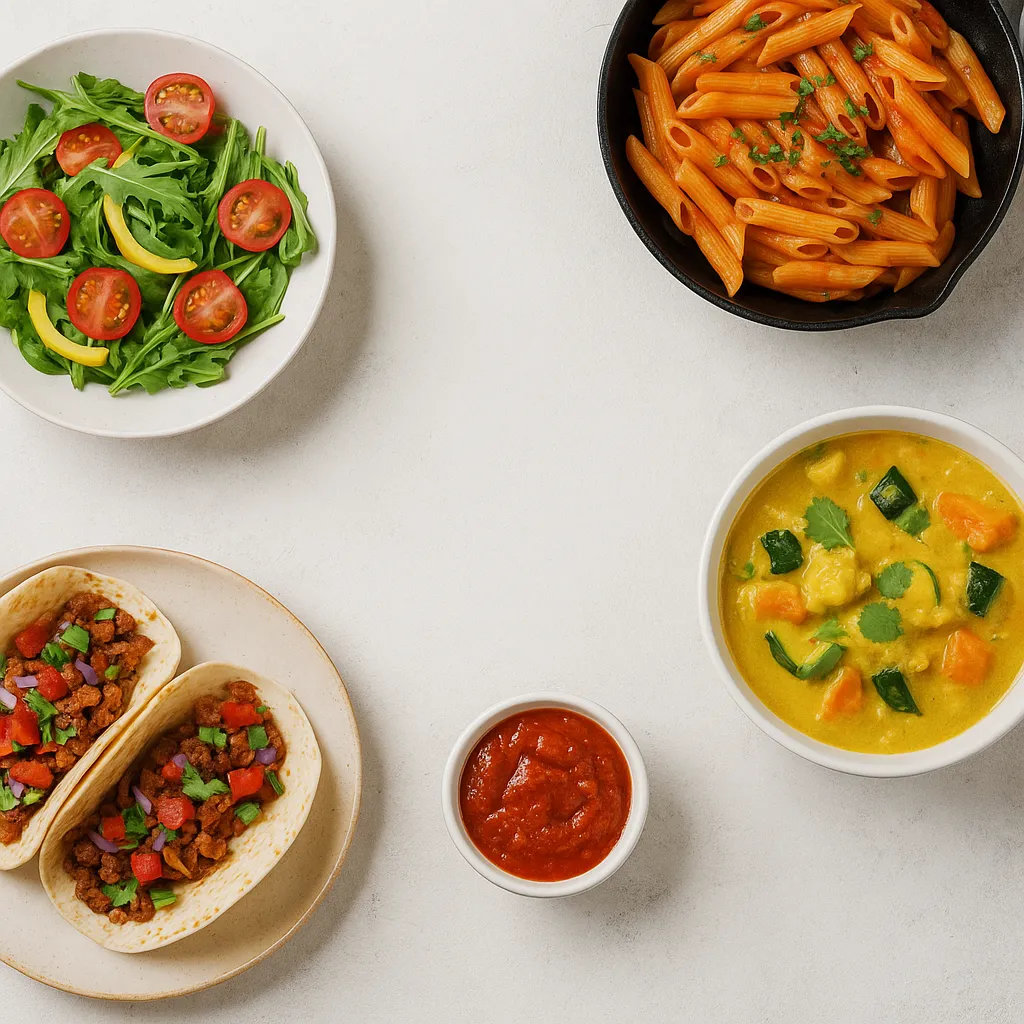In the competitive world of food blogging, SEO (Search Engine Optimization) plays a crucial role in determining whether your blog reaches its full potential or gets lost in the vast ocean of online content. With so many food blogs vying for attention, SEO helps ensure that your recipes, reviews, and tips reach the right audience. By optimizing your blog for search engines, you can attract more traffic, increase visibility, and ultimately grow your blog’s readership and influence.
SEO is especially important for food blogs because this niche is highly visual and often relies on search engine traffic to attract new readers. When someone searches for a specific recipe or cooking tip, a well-optimized blog is more likely to rank higher in search results. This article will explore how writing more can enhance SEO for food blogs, and provide essential tips for optimizing your content and website structure.
SEO Goals for Food Bloggers
The primary goal of SEO for food bloggers is to increase the visibility of your blog in search engine results. More visibility means more clicks, which leads to higher traffic and, potentially, more followers and engagement. By using SEO strategies, food bloggers can make their content more discoverable and attractive to both search engines and readers. The goal is not just to increase traffic, but to bring in readers who are genuinely interested in your recipes, tips, and culinary insights.
Beyond visibility, SEO also helps food bloggers build authority within their niche. The more optimized your blog is, the more likely you are to attract backlinks from other reputable sites, which further boosts your credibility. In this article, we’ll discuss why writing more helps with SEO and cover technical aspects of blog optimization, including loading speed, URL structure, and advanced SEO strategies like link building and local SEO.
Why Is It Good to Write More for Food Blog SEO?
Writing more for your food blog isn’t just about adding content—it’s about creating a richer, more engaging experience for both your readers and search engines. The more you write, the better you can optimize your blog for SEO, improving your visibility and authority in the competitive food blogging space. Let’s explore some key reasons why writing more can benefit your blog’s SEO efforts.
More Keywords
Writing more content allows you to target a broader range of keywords. In the competitive space of food blogging, keyword diversity is key to appearing in more search queries. When you write on various topics, like specific recipes or cooking techniques, you naturally incorporate different long-tail keywords. For example, if you’re focusing on “easy pasta recipes,” you could also rank for “pasta dishes for beginners” or “quick weekday meals,” expanding your reach.
This variety in content allows search engines to categorize your blog under multiple relevant search terms, making it easier for readers to find you. The more you write, the more opportunities you have to integrate these keywords naturally, which helps search engines understand what your blog is about and recommend it to users.
Higher Authority
Consistency is critical when it comes to SEO, and publishing more content shows both your audience and search engines that you’re an active, reliable source. The more valuable and informative content you produce, the higher your authority in the food blogging world. Over time, search engines will recognize your blog as a go-to resource for food-related queries, rewarding you with better rankings.
Moreover, writing consistently helps you build a loyal audience. When readers know that you regularly post new content, they’re more likely to return and engage with your blog. This engagement, whether through comments, shares, or backlinks, signals to search engines that your site is trusted and relevant, further boosting your authority.
Increased Engagement
Publishing more content gives you more chances to connect with your readers. Every new post is an opportunity to engage them with fresh recipes, food tips, or restaurant reviews. This leads to higher engagement metrics, such as comments, shares, and time spent on your blog. These metrics tell search engines that people find your content useful and enjoyable, which in turn improves your ranking.
Additionally, diverse content keeps your audience interested and encourages repeat visits. By covering a wide range of topics, you can appeal to various reader interests, such as seasonal recipes, health-conscious dishes, or international cuisine. This increased engagement not only boosts your SEO but also helps build a community around your blog.
More Internal Linking
Each new blog post is an opportunity to create internal links that connect to other posts within your site. This internal linking structure is crucial for SEO, as it helps search engines understand the hierarchy and relevance of your content. It also improves the user experience by guiding readers to related posts, keeping them on your site longer.
For example, if you write a post on “best pasta sauces,” you can link to your other posts on pasta recipes, creating a web of content that readers can explore. This not only boosts your blog’s SEO but also enhances navigation, making it easier for users to find what they’re looking for.
Creating SEO-Friendly Content for a Food Blog
Crafting SEO-friendly content for your food blog is about balancing quality and discoverability. It’s not just about packing in keywords but delivering valuable, engaging content that resonates with your audience and ranks well on search engines. In the following sections, we’ll discuss why quality matters, how to generate fresh content ideas, and tips for structuring your posts for maximum SEO impact.

The Importance of Quality Content
While writing more is beneficial for SEO, the quality of your content is equally important. Search engines prioritize content that is informative, engaging, and well-structured. For food bloggers, this means providing clear instructions, high-quality images, and unique takes on popular recipes. Simply churning out content without a focus on quality will not yield the desired results.
Search engines are getting better at evaluating the usefulness of content. If readers quickly leave your page, this signals that your content isn’t meeting their expectations. To avoid this, ensure that every post is thoughtfully written and provides real value, whether it’s a recipe, a how-to guide, or a review.
Content Ideas for a Food Blog
Coming up with new content ideas can be challenging, but there are many directions you can take to keep your blog fresh. You can create posts on seasonal ingredients, food preparation tips, or even behind-the-scenes looks at your cooking process. Writing about ingredient spotlights, where you focus on the nutritional benefits or history of a particular ingredient, can also provide evergreen content that readers return to over time.
Another idea is to write comparison posts, such as the best types of flour for baking or the differences between olive oils. These posts offer practical value and are often shared widely by readers who find them helpful.
How to Structure a Blog Post?
When it comes to structuring your blog post, organization is key. Use clear headings (H2, H3) to break up the text and make the content easier to read. Lists, bullet points, and step-by-step guides also help improve readability and ensure your readers can easily follow your content.

Make sure to incorporate keywords naturally throughout the post, especially in headings and the introduction. A well-structured post keeps readers engaged and signals to search engines that your content is comprehensive and easy to understand.
Technical Optimization of the Blog
When optimizing your food blog for SEO, technical elements play a crucial role in ensuring that both search engines and users can easily navigate and enjoy your content. Beyond writing quality posts, it’s essential to make sure your blog is technically sound to improve performance and ranking potential. Below are key areas to focus on for technical optimization.
Loading Speed
A slow-loading blog can be detrimental to your SEO. Page speed directly affects user experience, and if visitors find that your pages take too long to load, they’re likely to leave. Compress your images, use caching, and choose a reliable hosting service to ensure your blog loads quickly. Faster loading speeds improve user satisfaction and increase your chances of ranking higher in search results.
Responsive Design
With the majority of users accessing blogs via mobile devices, having a responsive design is essential. A blog that doesn’t adjust properly to different screen sizes will result in a poor user experience, which can hurt your SEO. Ensure that your blog’s design is mobile-friendly and that all elements, from text to images, display correctly on smartphones and tablets.
URL Structure
Your blog’s URL structure should be simple and descriptive. Avoid long strings of random letters or numbers, and instead opt for URLs that reflect the content of the page. For example, a post on a chocolate cake recipe could have a URL like www.yourblog.com/chocolate-cake-recipe. Clean and clear URLs are easier for both users and search engines to understand.
Sitemap and Robots.txt
A sitemap helps search engines crawl and index your site more effectively. Ensure you have an updated sitemap that includes all your posts and pages. Similarly, your robots.txt file should be set up to guide search engines on which parts of your site to crawl and which to ignore. Misconfigurations can lead to important pages being left out of search results.
Advanced SEO Strategies for Food Bloggers
When optimizing your food blog for SEO, technical elements play a crucial role in ensuring that both search engines and users can easily navigate and enjoy your content. Beyond writing quality posts, it’s essential to make sure your blog is technically sound to improve performance and ranking potential. Below are key areas to focus on for technical optimization.
Link Building
One of the most effective ways to boost your SEO is through link building. Earning backlinks from reputable sites signals to search engines that your content is valuable. As a food blogger, you can achieve this by collaborating with other bloggers, guest posting, or participating in roundups where other bloggers link to your recipes or food tips.
Content Marketing
Beyond traditional SEO, content marketing is a powerful tool for increasing visibility. Promoting your blog posts on social media platforms like Pinterest, Instagram, and Facebook can drive traffic to your site. Partnering with influencers or participating in food-related discussions can also introduce your blog to a wider audience and build your online presence.
Useful SEO Tools
Optimizing your food blog for search engines requires the right set of tools to monitor performance, identify opportunities, and address issues. Below are some essential SEO tools that can help you improve your blog’s visibility and ranking.
Google Search Console
Google Search Console is a free tool that helps you monitor and maintain your site’s presence in Google search results. It alerts you to any issues, such as broken links or crawl errors, that could negatively affect your SEO. You can also use it to see which search queries are bringing visitors to your blog.
Google Analytics
Google Analytics allows you to track your blog’s performance in detail. You can see which posts are the most popular, how long readers stay on your site, and where your traffic is coming from. This information is invaluable for fine-tuning your content strategy and identifying areas for improvement.
Keyword Research Tools
Tools like Ahrefs, SEMrush, and Ubersuggest help you discover keywords and phrases that your target audience is searching for. By integrating these into your content, you can increase the likelihood of ranking higher in search results for relevant queries.
FAQs: Boosting Your Food Blog’s SEO
As a food blogger, it’s essential to understand the strategies that can help your blog stand out in search engines. From content creation to technical optimization, these frequently asked questions provide valuable insights on how to improve your SEO, keep your audience engaged, and grow your blog’s online presence. Below are some of the most common questions food bloggers have when looking to enhance their SEO strategy.
How Can I Improve SEO on a Food Blog?
To improve SEO, focus on publishing high-quality content consistently, optimizing the technical aspects of your blog, and promoting your content through link building and social media. Using the right keywords and structuring your posts effectively will also boost your rankings.
Why Do Food Bloggers Write So Much?
Food bloggers write frequently to incorporate more keywords, create fresh content that attracts search engines, and keep their audience engaged with new recipes, tips, and ideas.
How Can I Get Backlinks as a Food Blogger?
Collaborating with other bloggers, participating in recipe roundups, and guest posting are great ways to earn backlinks. Additionally, being active on social media and food-related forums can increase your chances of being linked by other bloggers or websites.
Conclusion
Writing more content for a food blog can significantly improve your SEO by increasing your visibility in search results, engaging your audience, and building your authority. However, it’s not just about quantity—quality is equally important. By creating well-structured, valuable content and optimizing your blog’s technical aspects, you can grow your readership and make your blog a trusted source in the food blogging community. Start optimizing today and watch your blog’s performance soar!









